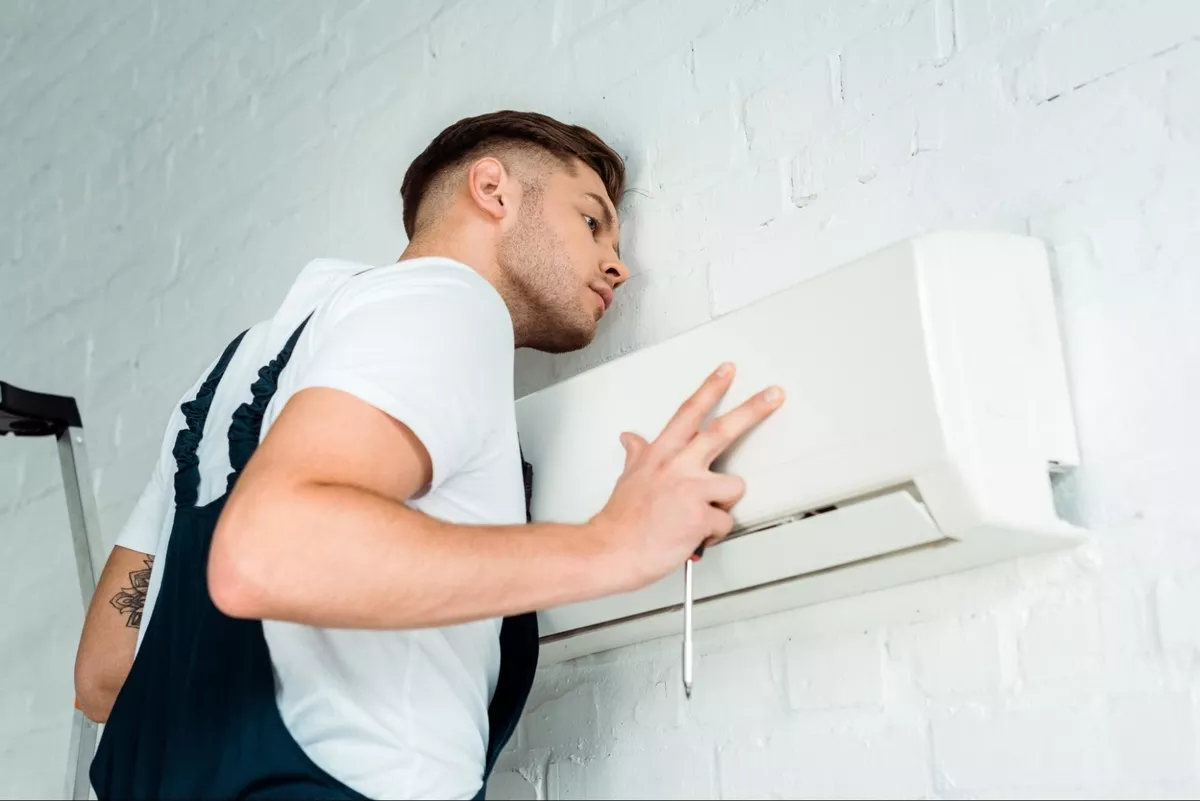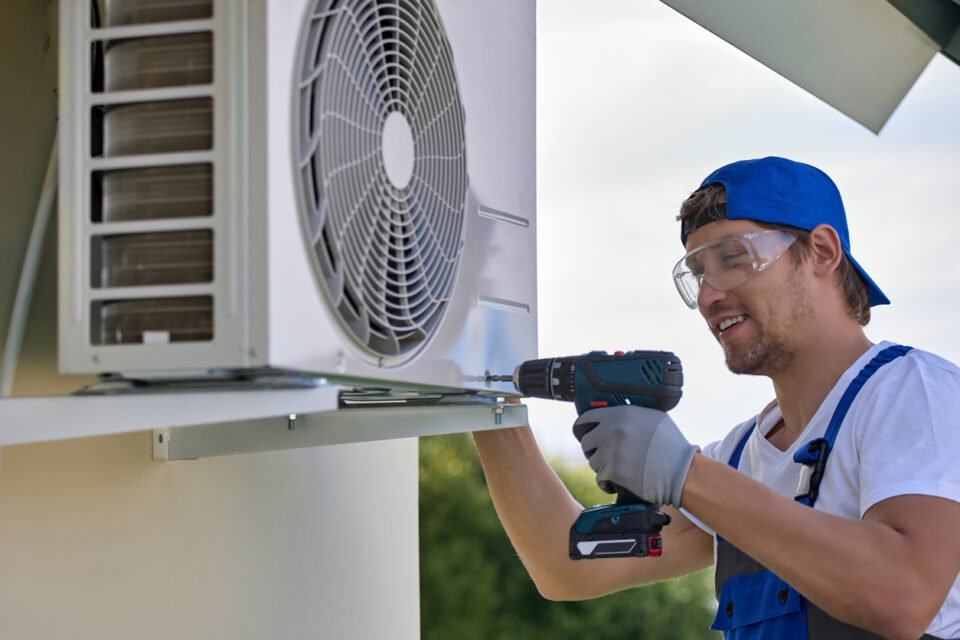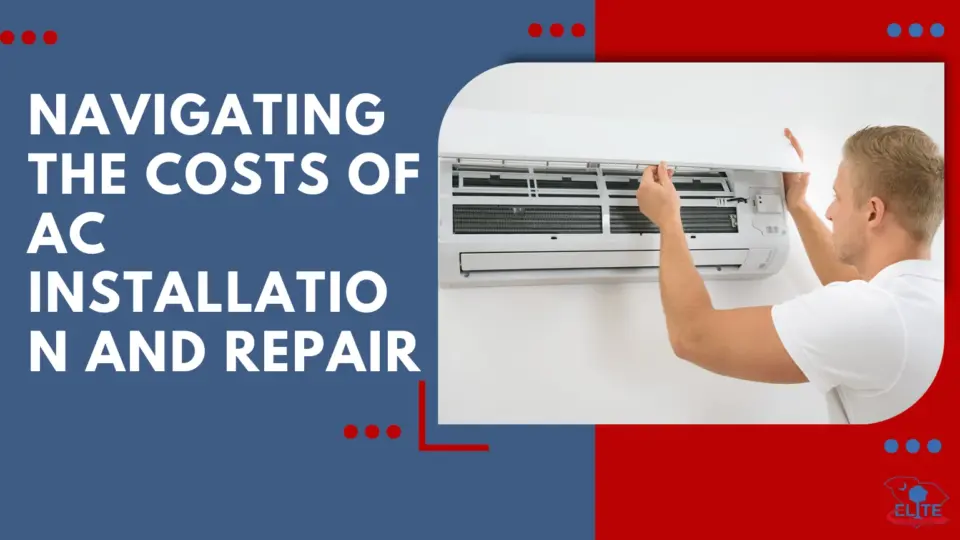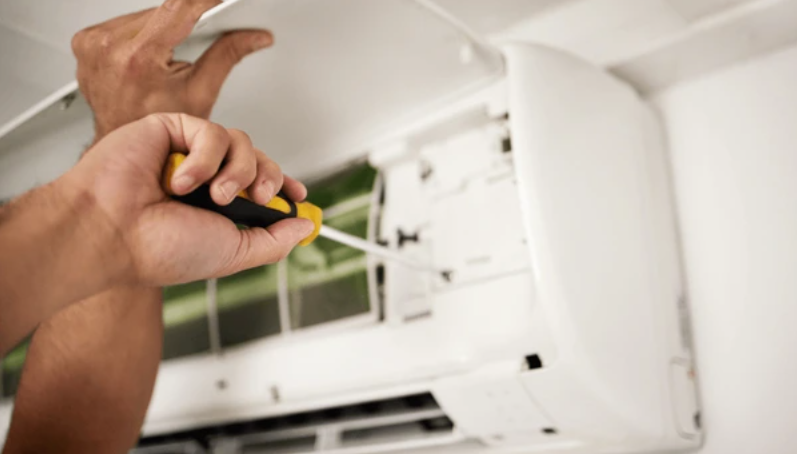For most people, summer means cookouts, long weekends, and battling for the best parking spot at the pool. But for cooling contractors, summer means something entirely different: it’s game time.
While homeowners are cranking up the thermostat, HVAC pros are watching weather patterns, system performance data, and subtle signs that the “hottest months” are about to test every air conditioner in town.
To the average person, the sound of the AC running on a 95-degree day is background noise. To a contractor, it’s a symphony—or sometimes, a warning.
Here’s a behind-the-scenes look at what cooling contractors notice about summer that most homeowners never do—and why understanding it can save you a lot of discomfort (and money) when the next heat wave rolls in.
How Do Cooling Contractors Prepare For Summer Compared To Homeowners?
When summer approaches, most homeowners prep for the season by pulling out patio furniture, stocking up on sunscreen, and setting their thermostats to “cool.”
Contractors? They’re doing something entirely different.
1. The Pre-Season Hustle
Cooling contractors treat spring like their preseason. Before the heat hits, they’re:
- Servicing air conditioners to make sure refrigerant levels are correct.
- Cleaning coils and replacing filters.
- Checking for small leaks that could become big problems under summer pressure.
- Calibrating thermostats for accuracy.
They know that the first 90-degree day will bring a flood of “my AC isn’t cooling” calls—many of which could have been avoided with a simple tune-up.
2. Watching Weather Like Meteorologists
Homeowners check the forecast to plan a weekend barbecue. Contractors check it to prepare their entire work schedule.
They know the first heatwave of the season will expose every weak compressor, clogged coil, and underperforming system in town. When temperatures spike, so do emergency calls—and being prepared means the difference between smooth scheduling and chaos.
3. Stocking Up Like It’s Winter at the North Pole
Smart contractors spend the off-season loading up on parts that are likely to fail when the heat hits—capacitors, contactors, fan motors, and refrigerant.
They know once the first major heat wave arrives, suppliers get slammed. Having parts on hand can mean the difference between fixing a system in hours or waiting days.
4. Checking Their Own Equipment
While most homeowners are thinking about backyard grills, HVAC pros are tuning up their own tools and trucks. They test gauges, calibrate sensors, and make sure every technician is ready for long, hot days spent under the sun or in cramped attics that feel like ovens.
For contractors, summer isn’t a season—it’s a marathon.
What Signs of HVAC Strain Do Professionals Notice During Hot Months?
To the average homeowner, an AC unit is either working or it’s not. But a trained contractor can spot the in-between—the subtle hints that a system is struggling long before it fails.
1. Unusual Sounds (That Most People Tune Out)
What sounds like a hum or buzz to you might sound like a ticking time bomb to a technician. Contractors can tell a lot from subtle noises:
- A slight rattle: Could mean a loose part or vibration issue.
- A faint buzz: Might point to electrical problems or a failing capacitor.
- A whooshing sound: Could signal restricted airflow or a dirty coil.
Where homeowners hear “the usual AC noise,” pros hear an early warning system.
2. Small Changes in Airflow
You might not notice that your airflow is a bit weaker in one room than another—but contractors definitely do. Uneven airflow can reveal blocked ducts, undersized systems, or damaged fans.
When heat waves hit, those small issues can turn into major cooling imbalances that make certain rooms unbearable.
3. Longer Cooling Cycles
If your AC seems to “run a little longer than usual,” most people chalk it up to hot weather. Contractors, however, see inefficiency.
Longer cycles can mean:
- Refrigerant levels are low.
- Coils are dirty.
- Ducts are leaking cool air before it ever reaches your vents.
These issues don’t just affect comfort—they drive up energy bills and wear down equipment faster.
4. Thermostat Behavior
Pros pay attention to how quickly a thermostat responds. If it’s struggling to hit the set temperature, or overshooting before shutting off, that can signal calibration or wiring issues.
Even the smallest thermostat inconsistency can throw off a home’s comfort balance during extreme heat.
Why Do Technicians Spot Cooling Issues Earlier Than Homeowners?
You can’t fix what you don’t know is broken—and most homeowners only call for help when the AC completely stops. Contractors, on the other hand, are trained to detect performance drops before they become disasters.
1. They Read the Signs in Data
Modern HVAC systems produce measurable data—temperatures, pressures, and voltage readings. Technicians track these numbers like doctors monitor vital signs.
When something’s off, even slightly, they know what it means. A small pressure imbalance or temperature fluctuation might not bother you today, but it could lead to compressor failure tomorrow.
2. Experience Trains Their Instincts
Veteran technicians can tell a lot just by “feeling” the air coming out of a vent or touching the refrigerant line.
They’ve seen so many systems under stress that they can sense when something’s not quite right—long before the average person would even think to look.
3. They Understand the Domino Effect
Cooling systems are interconnected. A dirty filter doesn’t just block airflow—it stresses the blower motor. That extra stress makes the coil freeze, which reduces cooling efficiency, which causes the system to run longer, which leads to higher bills.
Contractors think in cause and effect, not isolated symptoms. That’s why they fix problems at their root instead of chasing them around your home.
4. Homeowners Get Used to “Good Enough”
Many people adjust slowly to worsening performance. If the system used to cool in 10 minutes but now takes 20, you just assume “that’s normal.”
Contractors don’t accept “good enough.” Their job is to keep your system running at peak performance, not just working.
How Do Contractors View Summer Heat Differently From The Average Homeowner?
For most people, summer heat is an inconvenience. For contractors, it’s both a challenge and a test of craftsmanship.
1. They See the Heat as an Enemy of Efficiency
High outdoor temperatures make every part of your HVAC system work harder. Compressors strain, coils heat up faster, and airflow becomes harder to maintain.
Contractors understand how much environmental stress affects performance. They don’t just think about cooling—they think about resisting heat transfer.
That’s why they recommend shading condensers, sealing ductwork, and upgrading insulation. To them, the war against heat isn’t just fought inside the system—it’s fought around it.
2. They Know the Cost of Ignoring Maintenance
When contractors see a 100-degree forecast, they don’t just think, “It’s going to be hot.” They think, “We’re about to get calls from people who didn’t schedule maintenance.”
They’ve seen how neglected coils, clogged filters, and refrigerant leaks turn minor inefficiencies into mid-summer breakdowns. To them, prevention isn’t optional—it’s the only way to survive the season.
3. They Respect the Elements
Working on rooftops, crawl spaces, and attics in July heat gives contractors a front-row seat to the power of weather. They don’t underestimate it—and they design systems that can handle it.
While homeowners try to escape the heat, contractors work right in it—day after day. That firsthand experience shapes how seriously they take system durability and comfort.
4. They Think Beyond This Summer
Homeowners think about staying cool now. Contractors think about how to keep you cool for the next 10 summers.
They plan ahead with solutions like:
- Variable-speed systems that adjust to temperature changes.
- Energy-efficient upgrades that save you money long-term.
- Preventative maintenance schedules to avoid emergencies.
Summer heat is temporary—but the right system design lasts.
The Contractor’s Summer Secret
Here’s the truth cooling contractors know better than anyone: when your system runs well, you forget about it. And that’s the ultimate compliment.
Homeowners might not see the tiny tweaks and calculations behind the scenes, but those are the details that make the difference between a home that’s merely cool and one that’s truly comfortable.
So the next time a technician recommends a pre-summer tune-up or talks about airflow adjustments, remember—they’re not just being cautious. They’re seeing what you can’t, and preparing your home for the battles you’ll never have to fight.
Beat the Heat Before It Beats You — Work with Elite Air & Heat LLC
At Elite Air & Heat LLC, we don’t wait for problems to happen — we prevent them. Our expert team understands the demands of Carolina summers and knows exactly what it takes to keep your system efficient, reliable, and ready for anything.
Whether you need a precision tune-up, repair, or full system upgrade, we approach every job with the same goal: keeping your home cool, your energy bills low, and your summer stress-free.
Don’t wait until the heat wins. Schedule your seasonal check-up with the pros who see summer the way it really is.




